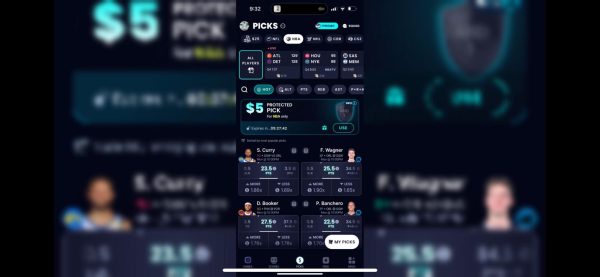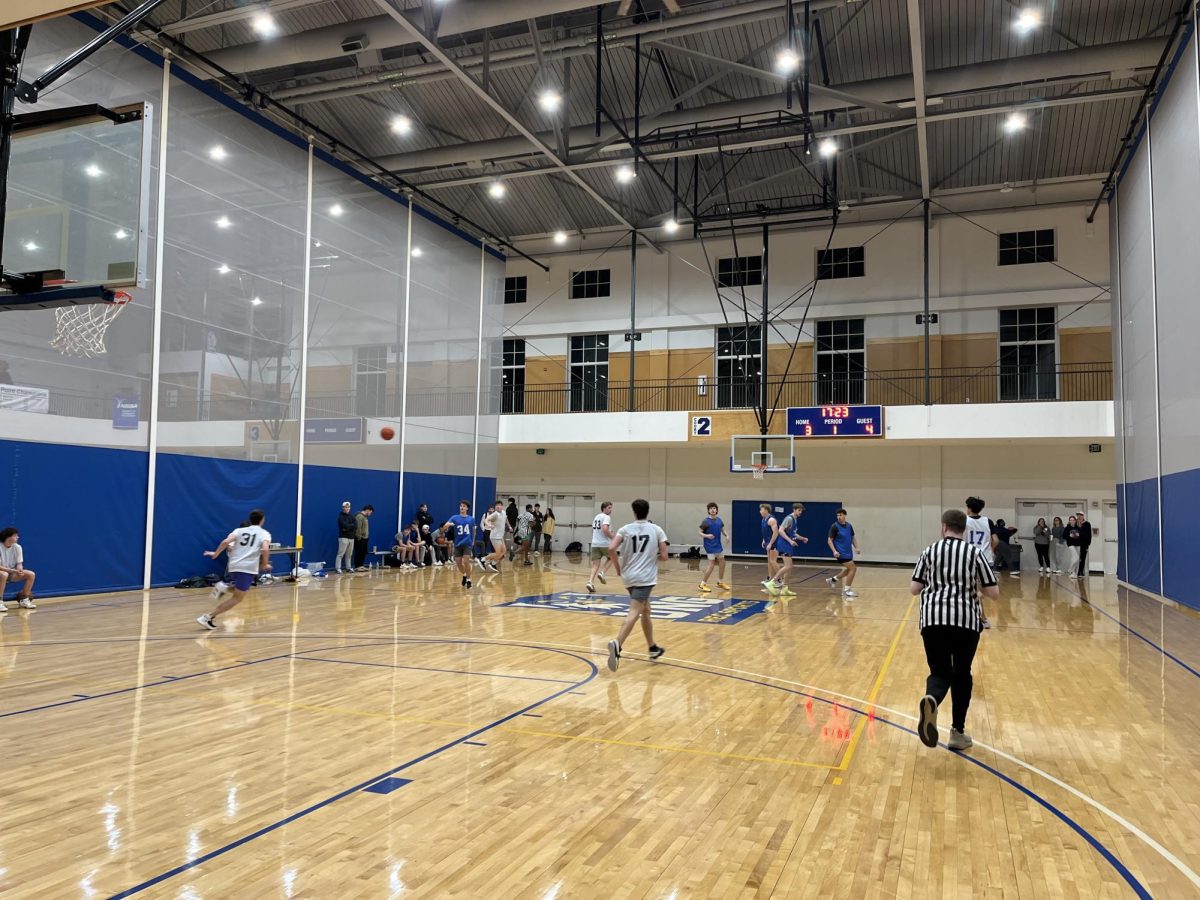
Beyond traditional sports betting, you’ve probably noticed ads for daily fantasy apps popping up on your social media and websites. With more than 50 sports betting apps in the United States, according to sportsbookonline.com, some fans are looking to make money while watching games.

Fantasy sports mean that you’re betting on players’ performance, not the outcome of a game.
While many gamblers may think skill is the most important factor, a former writer for the company OddsChecker and content creator Matt O’Leary says, “I think it is a mix of both luck and skill.” He later explained you can look into all the stats that you want, but it comes down to the players ultimately exceeding or not exceeding the projections.
O’Leary is also sponsored by a sportsbook. He owns his own podcast talking about the NFL and the New York Jets. He said the demographic these books are looking to capture is 18-45.
With these apps on your phone, it is easily accessed and can lead to impulsive decisions. Faith Bullied, a junior criminal justice major with a psychology minor says, “These decisions and actions involve our prefrontal cortex [which] is not fully [developed] ’til mid [twenties].
“I think the rise of fantasy betting in a younger demographic is a shame. There is a lack of understanding on the general mechanisms of sports betting in general, which is what causes 95% of bettors to lose money. There needs to be an increase in bettor education alongside the rise in popularity” – Brady Mays, a content creator by the name of “Mayz”
Mays says he believes the average sports fan “will lose 5-7% consistently in the long run.”

Trying to win back lost money, also called “chasing losses,” can be a sign of trouble. According to the Mayo Clinic, it’s one of the symptoms of a gambling addiction. Other symptoms may include:
- Being preoccupied with gambling, such as constantly planning gambling activities and how to get more gambling money.
- Needing to gamble with increasing amounts of money to get the same thrill.
- Trying to control, cut back or stop gambling, without success.
- Feeling restless or irritable when you try to cut down on gambling.
- Gambling to escape problems or relieve feelings of helplessness, guilt, anxiety or depression.
- Lying to family members or others to hide the extent of your gambling, risking or losing. important relationships, a job, or school or work opportunities because of gambling.
- Asking others to bail you out of financial trouble because you gambled money away.
If you encounter any of these symptoms, the National Problem Gambling Helpline is 1-800-GAMBLER (1-800-426-2537).























